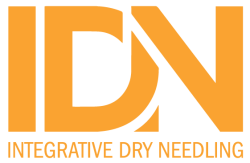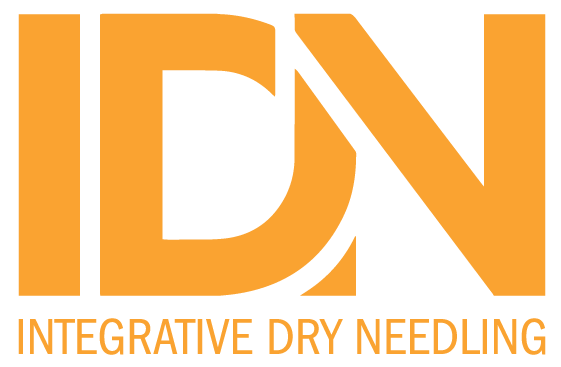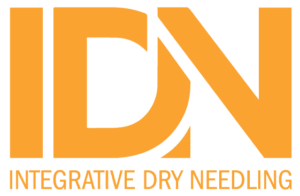Advancing musculoskeletal diagnosis and therapy: a comprehensive review of trigger point theory and muscle pain patterns
Front Med (Lausanne). 2024 Jul 10;11:1433070. doi: 10.3389/fmed.2024.1433070. eCollection 2024. ABSTRACT Musculoskeletal disorders, especially chronic muscle pain, have a significant impact on




